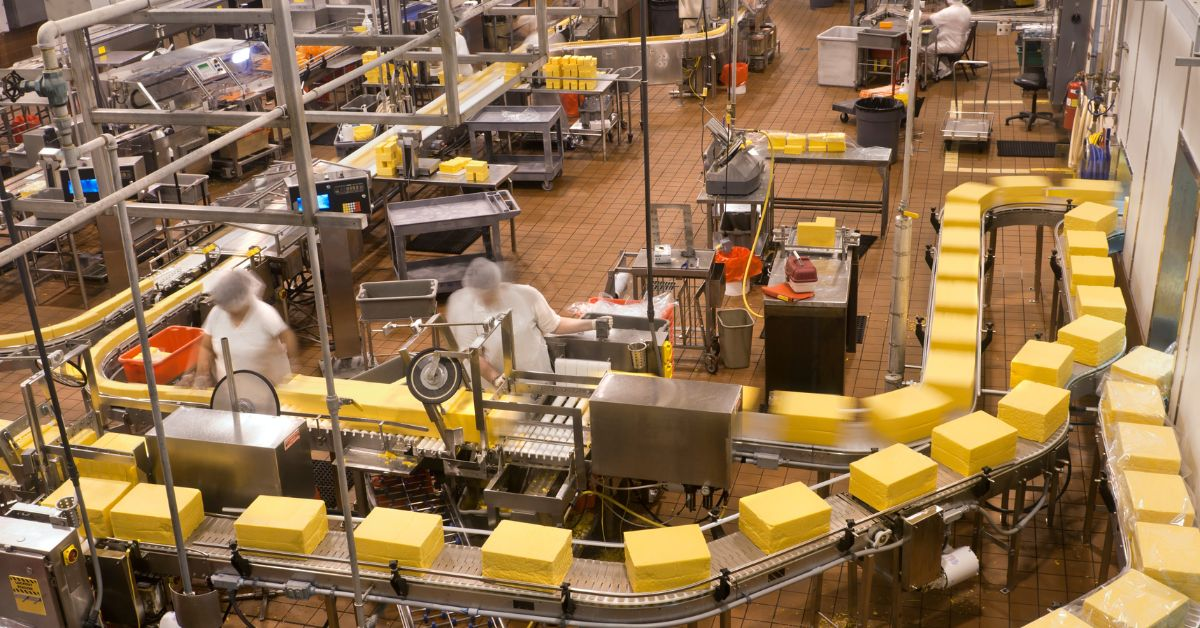Food manufacturing safety is a critical industry and have FDA regulations in place allow best practices to be maintained and safety assured across all food industries, plants, supply chains, and regions. In 2020, food safety is at the top of consumers’ minds. Recalls come at such frequency that many buyers have taken a step back to really think about the quality and safety of the food that they ingest. In 2018 the FDA reported nearly 400 recalls, with the USDA adding another 125 food recalls, including 97 Class I recalls.
While recalls can cause panic from consumers, when successfully implemented, these events often prevent distribution or consumption before there are any health risks. An increase in regulation can be a cause for more recalls, as mechanisms are put in place to be more attentive or cautious about potential food safety concerns. With the passage of the Food Safety Modernization Act in 2011, the FDA has demanded more accountability and forced businesses to make changes to their processes.
REGULATIONS CONCERNING PREVENTATIVE CONTROLS QUALIFIED INDIVIDUALS AND YOUR FSMA SAFETY PLAN
Changes in regulations have meant that food manufacturers need to be more proactive, rather than reactive to incidents. More specifically, the Preventive Controls Rules mandate that companies must have a written plan in place to identify, prevent, and monitor food safety issues. The plan must be comprehensive and plant-specific. For companies who do business at more than one location, there must be a separate plan for each site.
As part of the FDA regulations, the plan must be developed by a PCQI (Preventive Controls Qualified Individual). To be a PCQI, a person must complete training consistent with the FDA’s expectations of a person in this role. There are no specific requirements for this training, but the individual must be able to prove that they have the knowledge to perform the duties required of them. The PCQI at each location will then be responsible for creating a safety plan, ensuring compliance, and maintaining an updated plan.
Having a plan in place is only part of the overall preparedness needed for food manufacturers. Manufacturers’ plans, processes, and teams must all be prepared to prove that they meet food safety requirements during an inspection. There may also be additional regulations within specific industries or stages of supply chain that must be compliant.
HOW YOUR COMPANY CAN ENSURE COMPLIANCE WITH FDA REGULATIONS
The FDA requires a minimum of one PCQI per FDA registered facility. However, generally, it is a good idea to have more than one individual trained and ready to take on or support this role, particularly for large plants and facilities. As productions grow and expand, processes are evolving even more quickly than regulations. Having a team in place that is focused on food safety as a core part of this growth can save time and resources by being proactive and diligent.
At ImEPIK, we focus on research-based food safety training created to meet FDA standards for Preventive Controls Qualified Individuals (PCQI). Our 20-hour, flexible, self-paced online course will give team members the expert training they need to successfully create, manage, and oversee a food industry plant’s safety plan. We also provide a certificate of completion of training, which included with the course. For more information or to sign up for our PCQI training course or contact us today with any questions.







